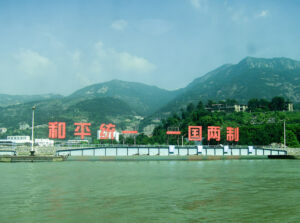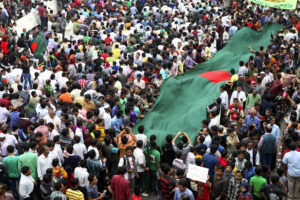
October 2024, Volume 35, Issue 4
China and the Battle for the Global South
Under Xi Jinping, the PRC has grown more assertive in the Global South. China aggressively targets country after country, often zeroing in on small but strategically significant states. But there are proven ways for even fragile democracies to resist Beijing’s influence.





